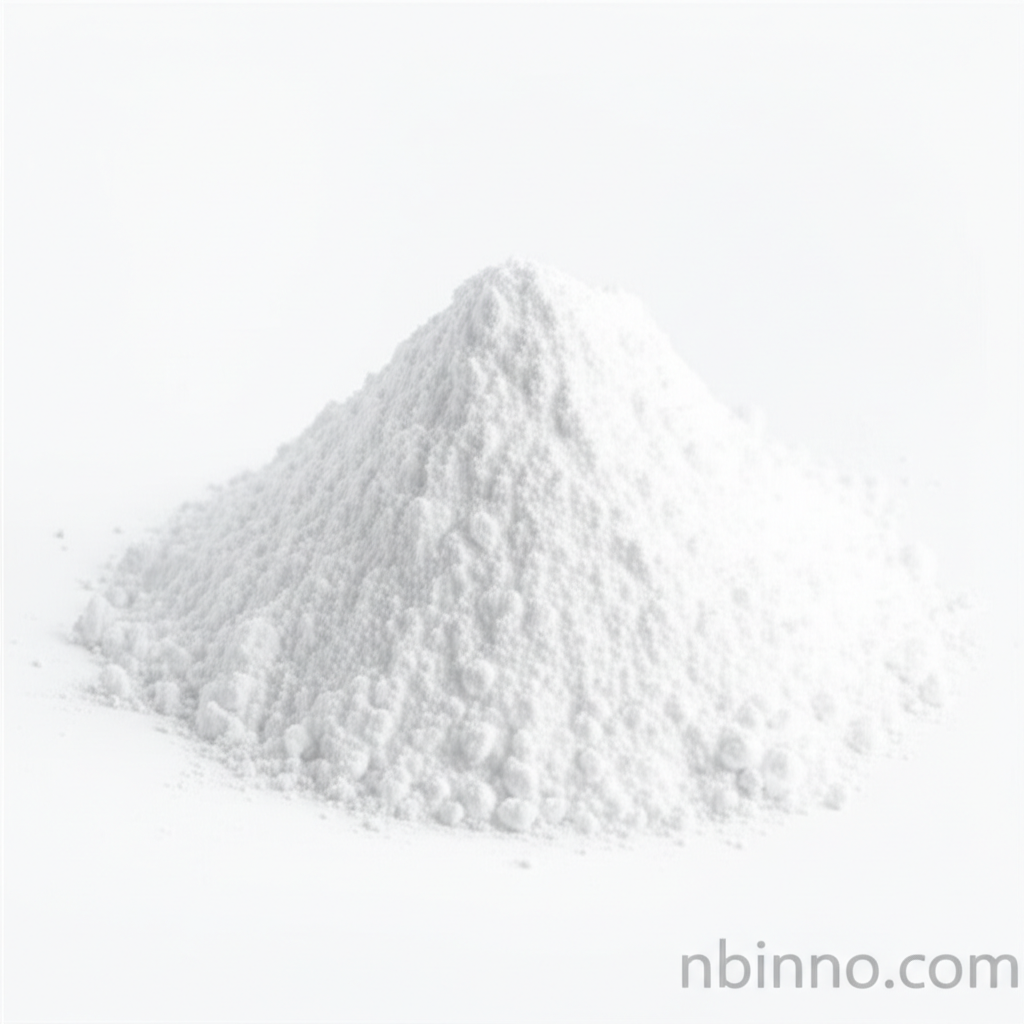Cholesterol CAS: 57-88-5: A Comprehensive Guide to its Properties and Applications
Discover the multifaceted uses of Cholesterol, a vital compound in skincare, pharmaceuticals, and advanced formulations.
Get a Quote & SampleProduct Core Value

Cholesterol
Cholesterol is a fundamental sterol with a waxy appearance, playing a pivotal role in numerous biological and industrial applications. Its unique molecular structure contributes to its effectiveness as a key ingredient in cosmetic and pharmaceutical formulations, as well as its emerging importance in advanced drug delivery systems like Lipid Nanoparticles (LNPs).
- Explore the benefits of cholesterol in skincare as a potent emollient and moisturizer, helping to soften and smooth the skin.
- Understand the significance of cholesterol for LNP formulation, where it enhances particle stability and integrity for effective drug delivery.
- Learn about the diverse cholesterol chemical synthesis pathways and its availability as a high-purity powder for various industrial needs.
- Investigate the essential cholesterol properties and its applications in pharmaceuticals, serving as a critical raw material.
Advantages Cholesterol Brings
Enhanced Skin Hydration
Leveraging its emollient qualities, cholesterol helps to lock in moisture, providing a significant boost to skin hydration and preventing dryness, making it a sought-after skincare ingredient.
Stabilized Drug Delivery Systems
In the realm of pharmaceuticals, cholesterol's structural role in lipid nanoparticle formulations is crucial for ensuring the stability and efficacy of drug delivery, supporting advanced therapeutic approaches.
Versatile Industrial Applications
With its well-defined cholesterol chemical synthesis, this compound serves as a versatile raw material across various industries, from cosmetics to biochemical research and food additives.
Key Applications
Cosmetic Formulations
As a key cholesterol cosmetic ingredient, it enhances skin texture and moisture retention, contributing to smoother and more supple skin.
Pharmaceutical Intermediates
Cholesterol serves as a vital pharmaceutical raw material and intermediate, essential for synthesizing hormones and other critical medicinal compounds.
Lipid Nanoparticle (LNP) Technology
Its role in cholesterol for LNP formulation is paramount, providing structural integrity to nanoparticles used in advanced drug delivery systems.
Biochemical Research
Researchers utilize cholesterol in various biochemical studies, exploring its complex roles in cellular processes and disease mechanisms.
